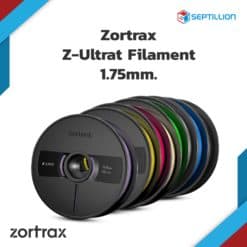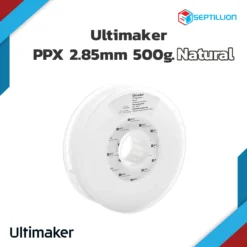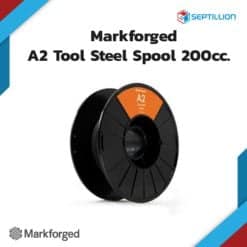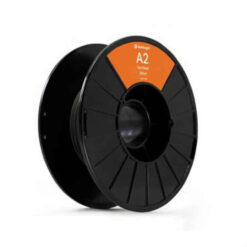3DXTECH CARBONX PEI+CF
- Home
- Shop
- Filaments, PEI filament
- 3DXTECH CARBONX PEI+CF
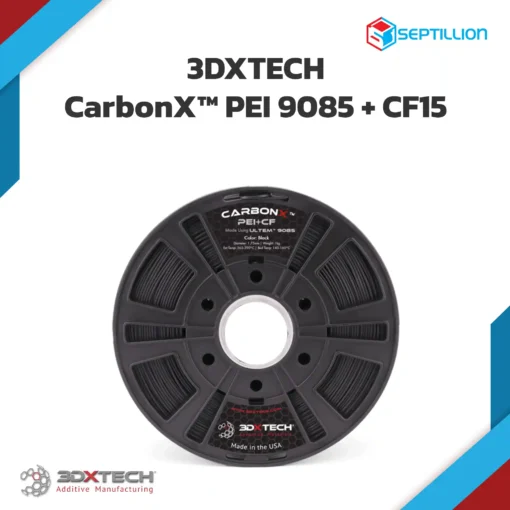
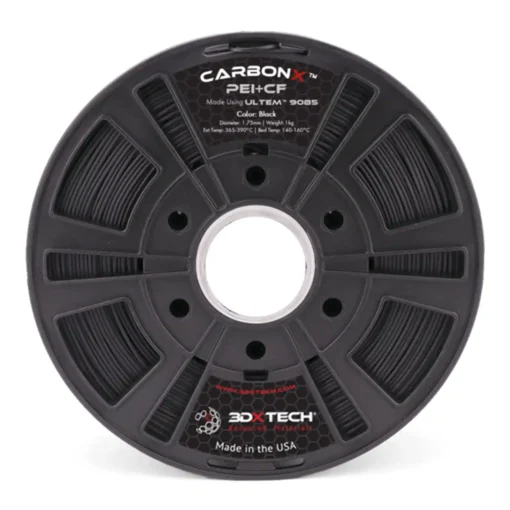


3DXTECH CARBONX PEI+CF
฿8,346.00 Inc. VAT
CarbonX™ PETG+CF is made using our high-flow PETG and premium high-modulus carbon fiber. This material offers ease of printing, strength & stiffness, excellent dimensional stability, and an amazing surface finish.
- Description
Description
3DXTECH CARBONX PEI + CF Made Using ULTEM 9085 Printing Filament
Carbon fiber reinforced PEI filament for advanced
3DXTECH CARBONX PET + CF is a high-performance 3D printing filament made from polyetherimide (PEI) reinforced with carbon fiber. This advanced material offers exceptional strength, high-temperature resistance, and excellent dimensional stability, making it ideal for demanding applications that require durability and performance. The carbon fiber reinforcement enhances the filament’s mechanical properties, providing superior rigidity and impact resistance. This makes 3DXTECH CARBONX PEI+CF perfect for producing strong, lightweight parts that can withstand harsh environments and high-stress conditions.
CARBONX PEI 9085+CF
CarbonX™ CF PEI 9085 is made using Sabic Ultem™ 9085 resin and 15% high-modulus carbon fiber. This custom formulation is an excellent printing aerospace-grade material specifically formulated for our aerospace clients.
Ultem™ 9085 is FAA-approved for FST applications (Flame/Smoke/Toxicity) and meets FAR 25.853 and OSU 65/65 standards. The addition of 15% high-modulus carbon fiber allows for superior strength and stiffness while maintaining excellent dimensional stability and printability.

Extruder Temp
365-390°C

Bed Temp
110-120°C

Heated Chamber
Recommended

Nozzle Specs
Hardened Steel with .4mm diameter minimum

Layer Height
0.25mm or higher

Drying Specs
120°C for 4 hours
Benefits of CARBONX PEI 9085+CF
High thermal properties, Tg of 186C and an HDT of 165C
Inherent flame resistance due to Ultem 9085 base resin
Improved stiffness and strength for structural applications
Excellent dimensional stability – lower CTE, warp, and shrinkage vs unfilled grades
Resistance to a broad range of chemicals, include automotive fluids, fully halogenated hydrocarbons, alcohols, and aqueous solutions





